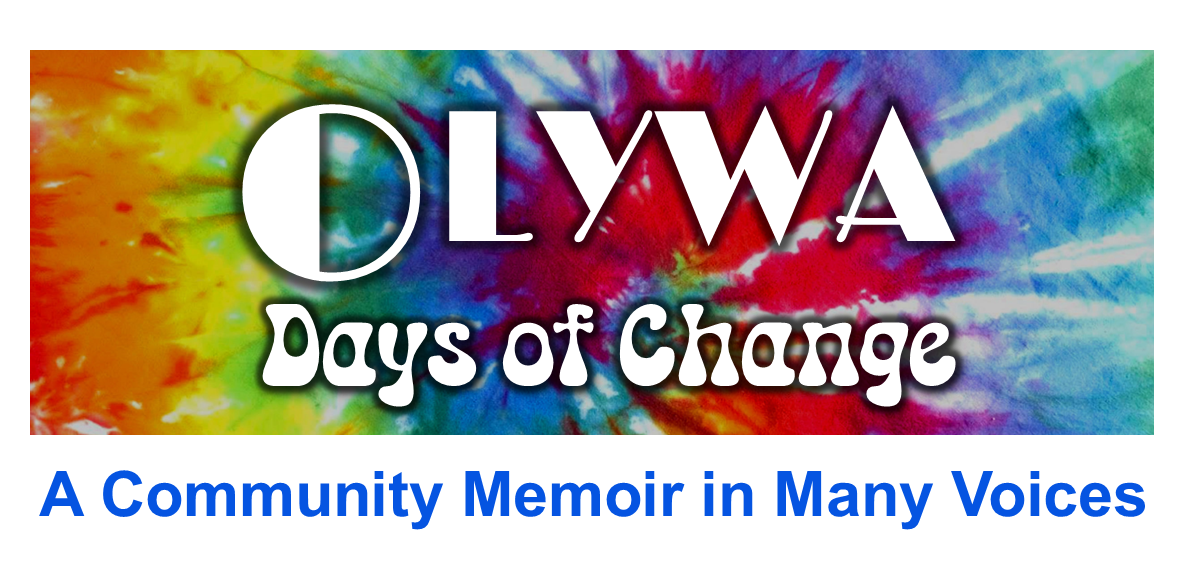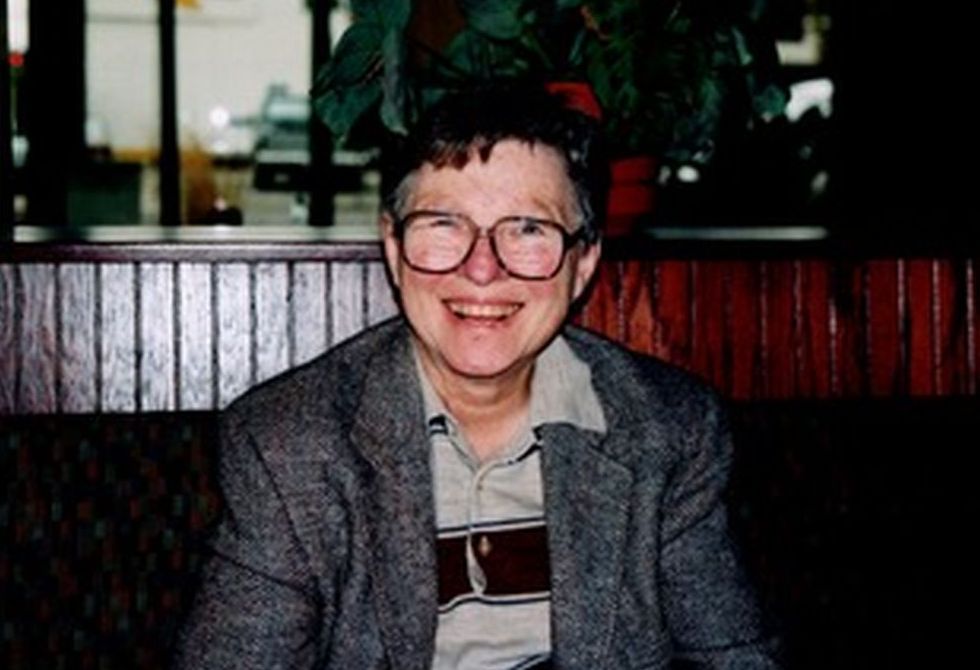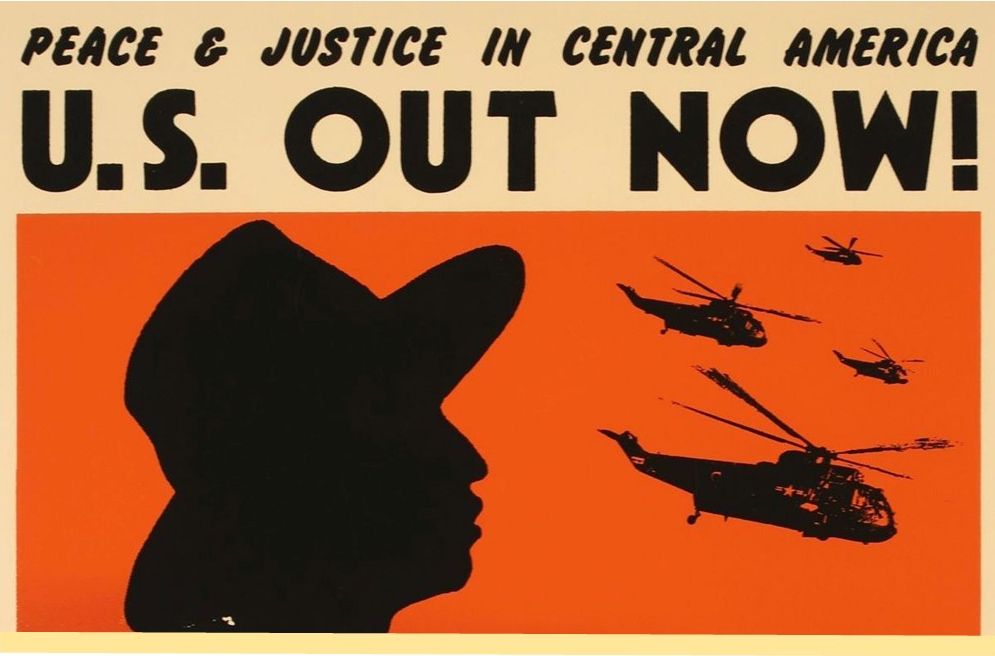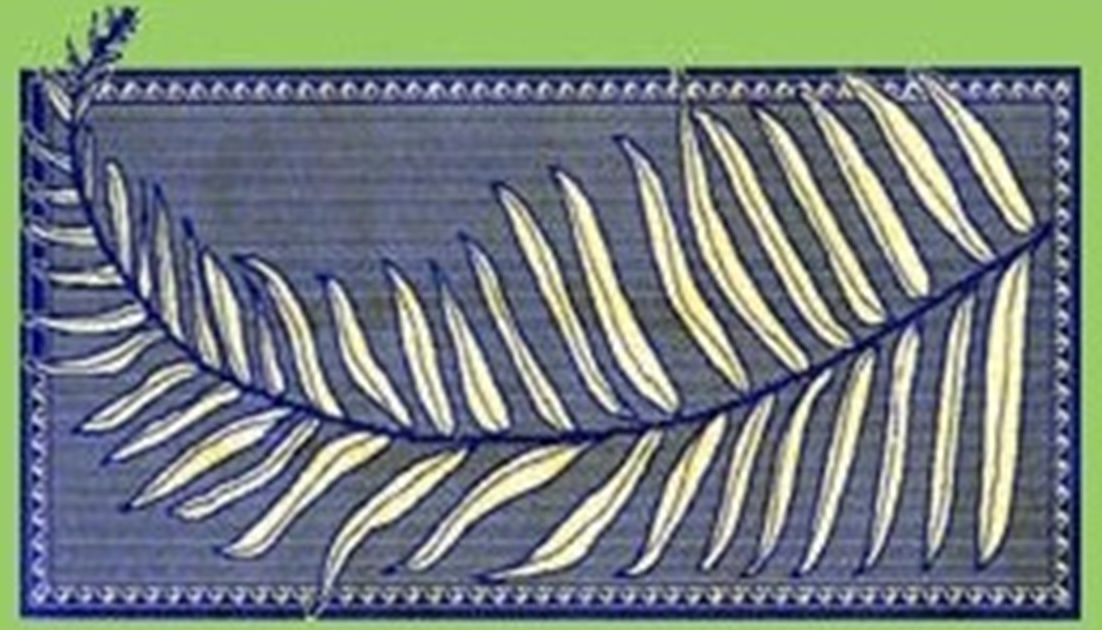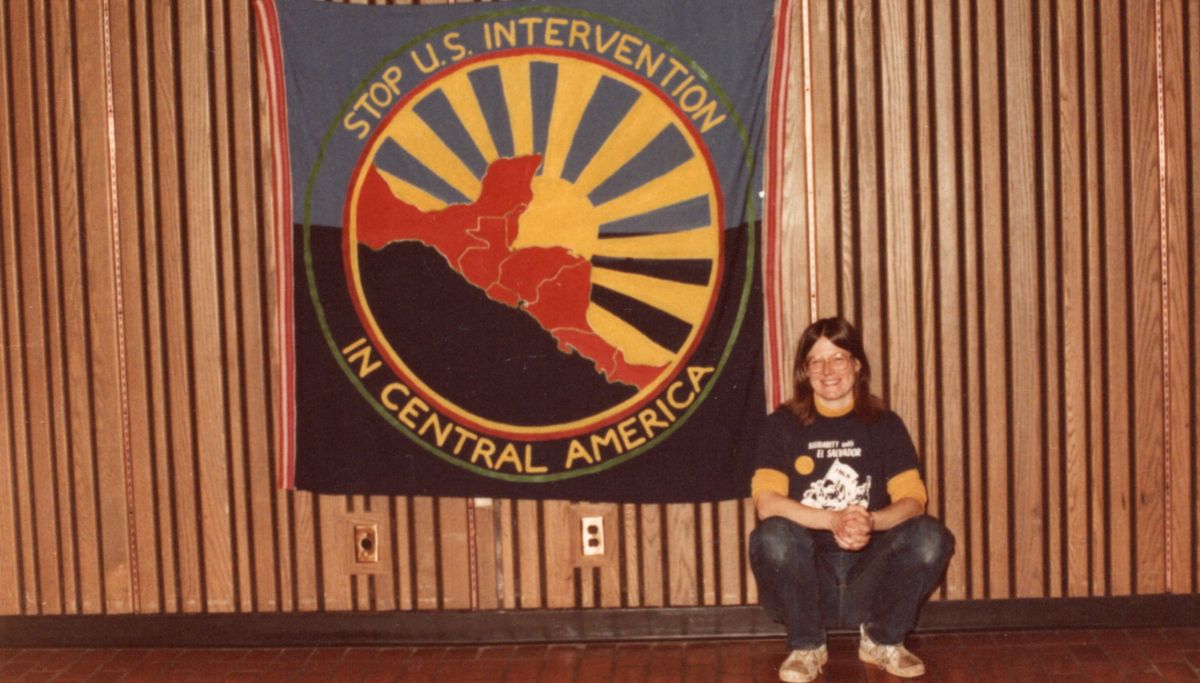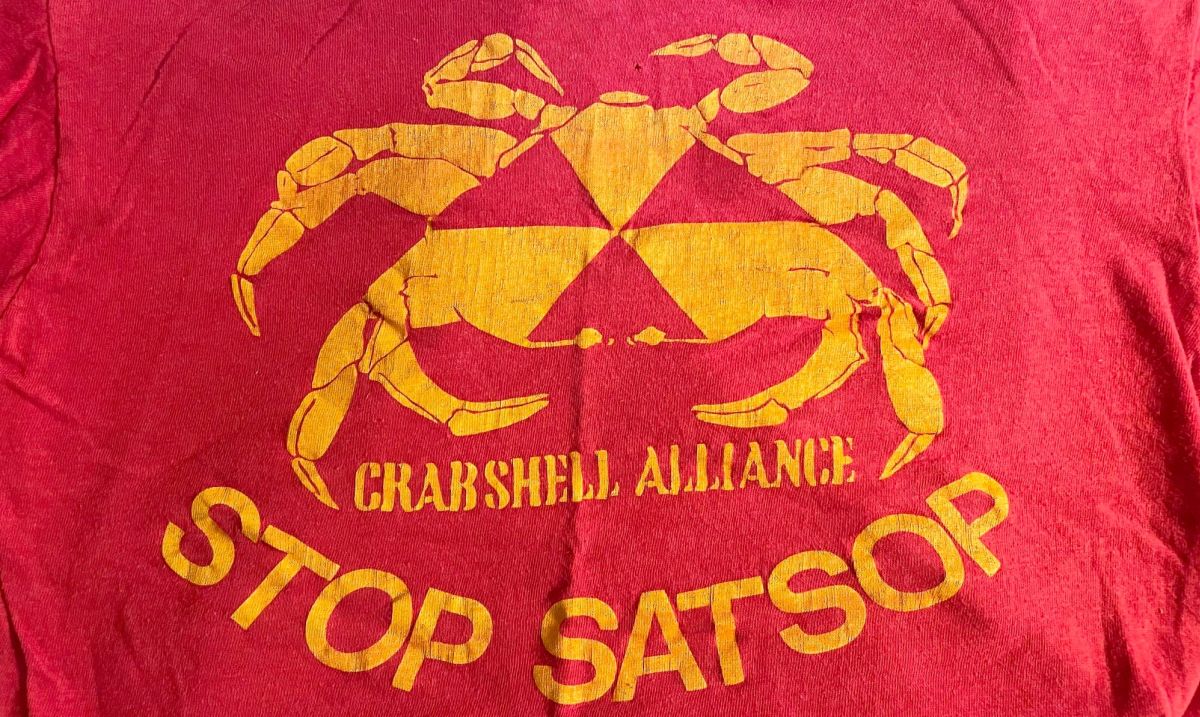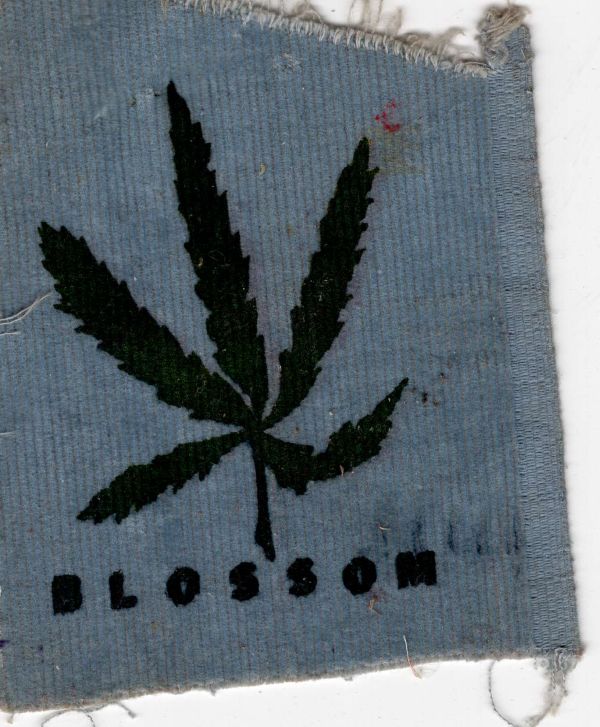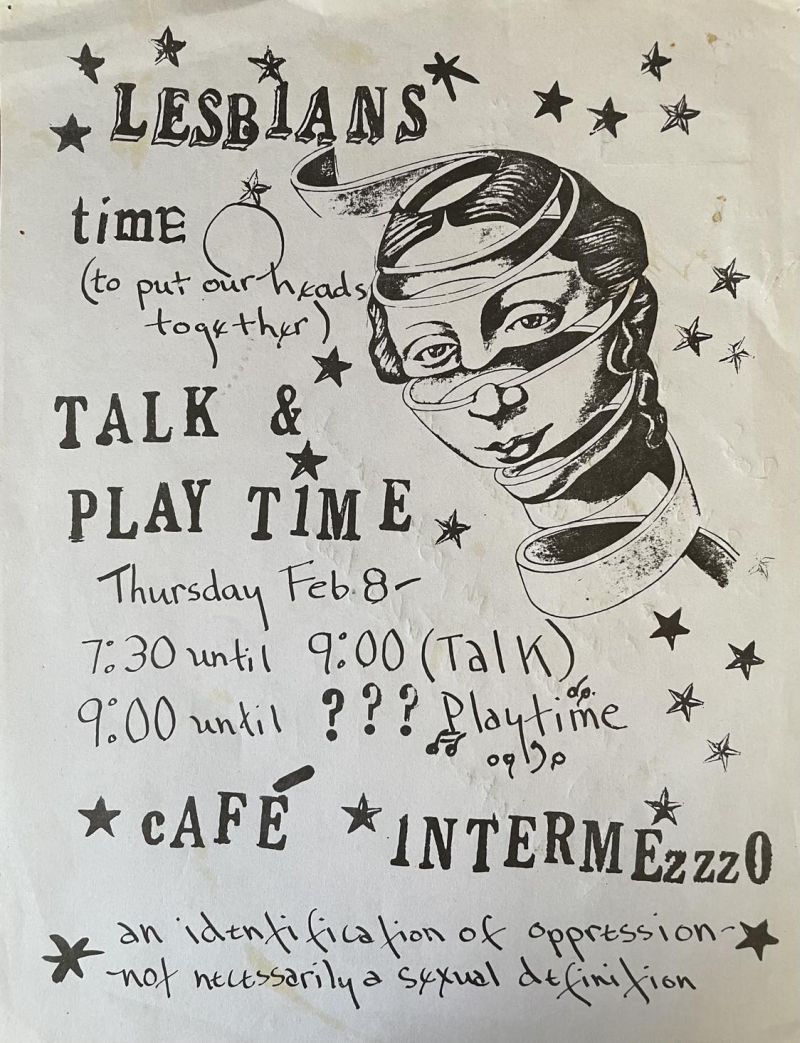Remembering The Link – By Emily Ray
They say, “What goes around comes around.” Forty years ago, the Daily Olympian (as it was then named) did not serve our community well. The editor-in-chief turned a blind eye to local social and political issues. The newspaper was generally silent on problems and initiatives concerning race relations, gender, growth management, waste reduction, the environment. When the newspaper did glance at any of these issues, it was with a jaundiced eye . . . One of the people who was angry about the newspaper was Margery Sayre.
